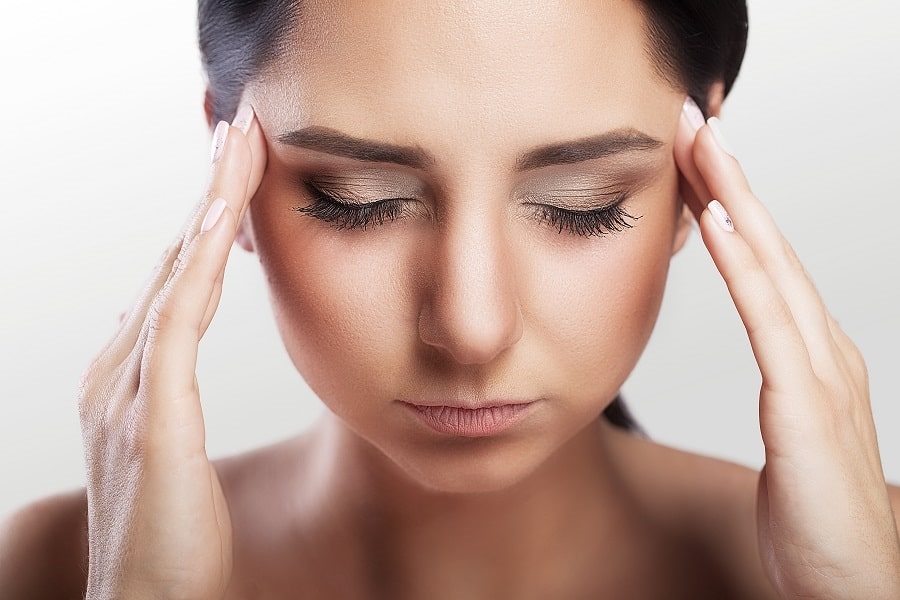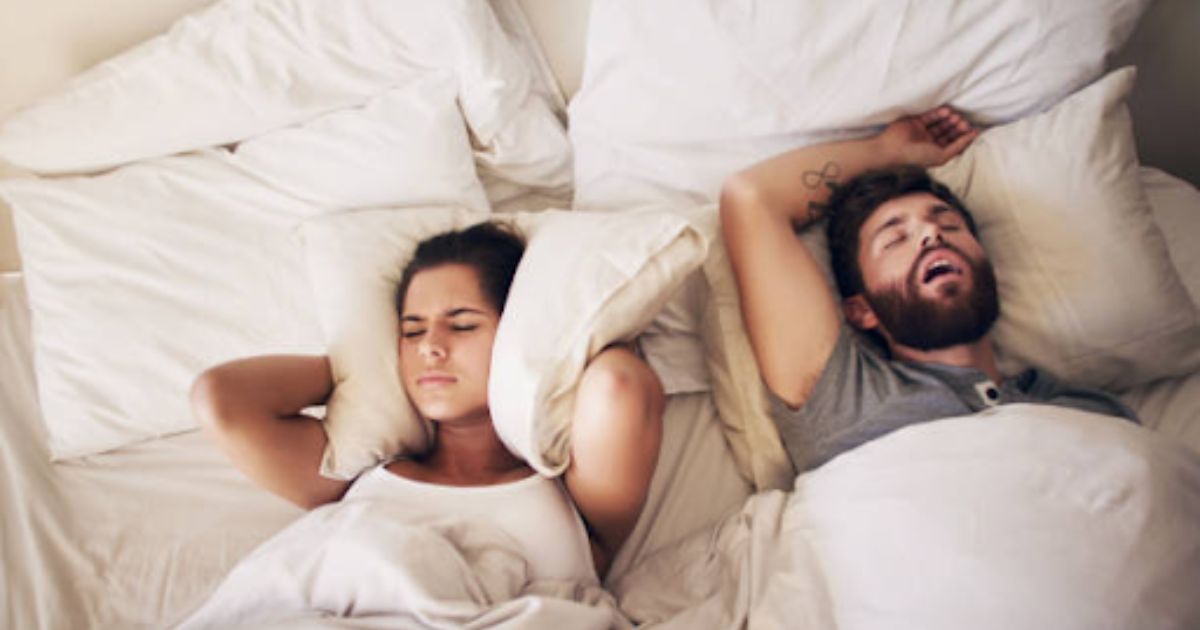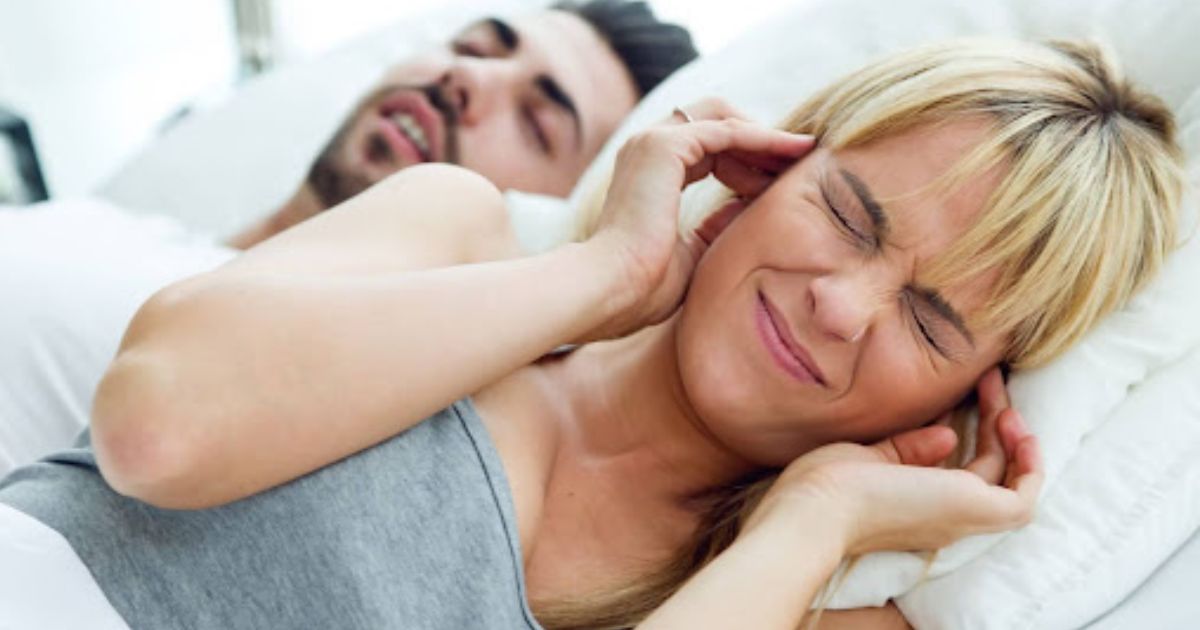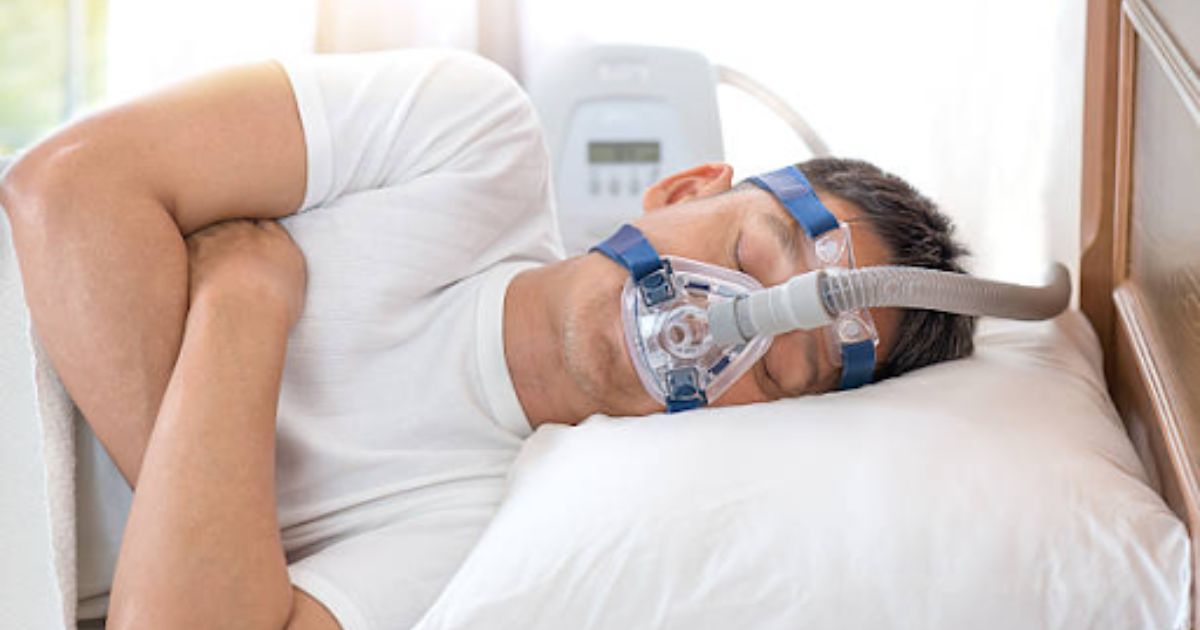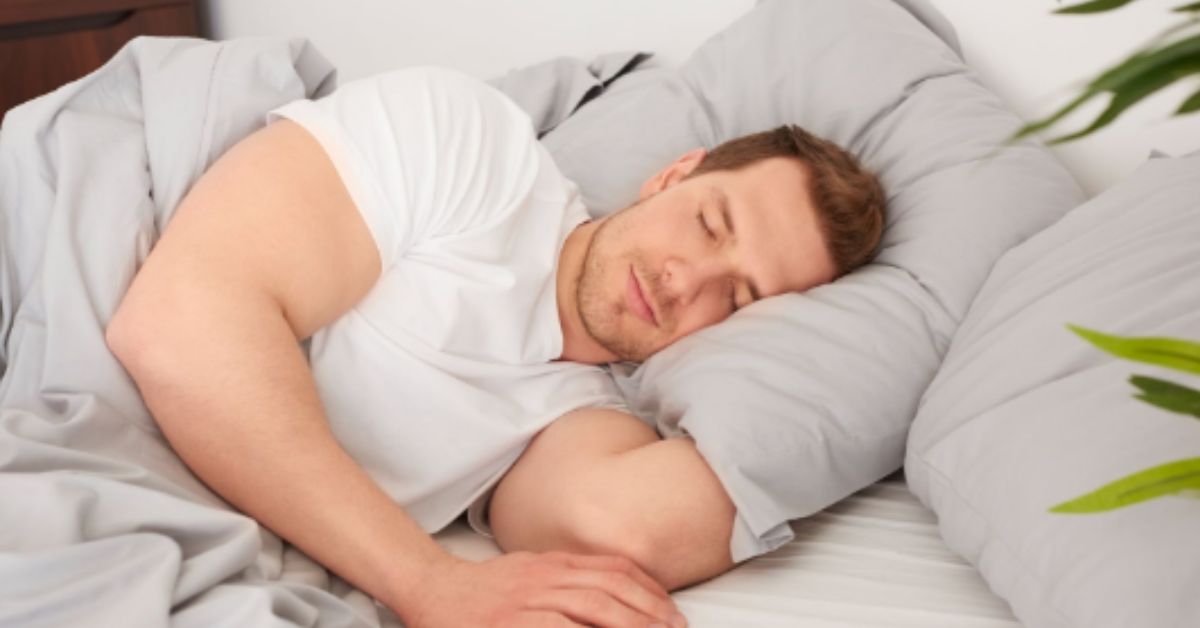Almost half of all people who experience morning headaches also have sleep apnea. While there are multiple links between headaches and sleep apnea, a few are more common than others. A trusted, board-certified sleep specialist can provide the information and treatment you need. Here we will give a general overview of the links between sleep apnea and headaches.
How do Headaches Relate to Sleep Apnea?
Those who suffer frequent headaches are more likely to experience sleep apnea and other sleep disorders. In fact, headaches are intrinsically tied to sleep-related problems. In fact, researchers have found that interrupted REM sleep results in changes in the expression of proteins that suppress and trigger chronic pain. Headaches can be a sign that you are suffering from sleep apnea, especially if they occur in the morning, because apnea prevents you from getting uninterrupted sleep. Certain headaches, such as migraines or cluster headaches can also interfere with sleep, causing you to wake from the pain.
Possible Causes of Sleep Apnea Related Headaches
One possible cause of headaches related to sleep apnea is the frequent stops in breathing while asleep. Sleep apnea is a condition in which the upper airways are constantly blocked during sleep. Because of this, less oxygen gets to the brain causing blood vessels to widen triggering a headache. Another cause is not having enough sleep or sleeping too much. These have also been linked to migraines and tension headaches.
Sleep-related bruxism, or teeth grinding, is also another probable cause of headaches. This is especially true in children. Consult with a board-certified sleep specialist if you’re experiencing morning headaches. They will be able to help you determine the cause and discuss the best treatment options.
Sleep Apnea Headache Solutions
Following a prescribed plan from a board-certified sleep specialist is the best way to treat headaches caused by sleep apnea. In addition, make sure to get adequate sleep at night. Up to 8 hours should be enough for most adults. Sleeping beyond that can be just as detrimental as not sleeping enough.
If you have moderate to severe sleep apnea, you may have to undergo CPAP therapy. CPAP therapy is the most effective treatment for sleep apnea. This type of therapy involves pushing pressurized air into your airways, keeping them open. This alleviates many of the symptoms of sleep apnea such as headaches.
In some circumstances, your doctor may suggest surgery. However, this is the last resort and will only be done after every other option has been exhausted.
Trusted Board-Certified Sleep Specialist
If you are experiencing morning headaches, this may be a symptom of sleep apnea. Contact Jacksonville Sleep Center today to request an appointment. The dream team offers their patients an unmatched level of comprehensive care for the diagnosis and treatment of all sleep disorders.

